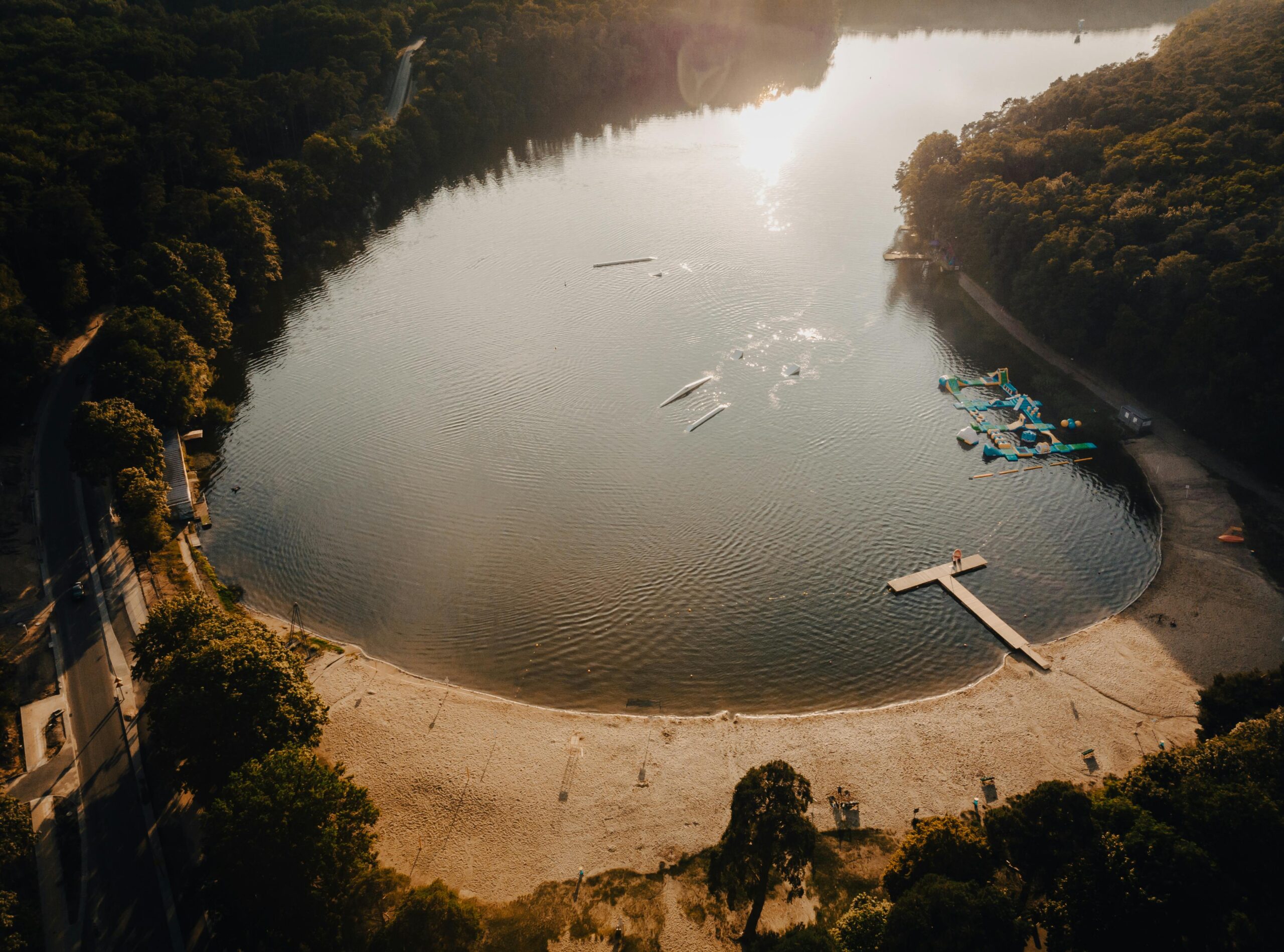Undergraduate (1st cycle / Bachelor)
Maritime programs
Other programs
Graduate (2nd cycle / Master)
Maritime programs
Other programs
Contact
1-2 Waly Chrobrego St.
room 101
70-500 Szczecin
+48601329781 (EN, RU)
Need assistance? We’d love to hear from you!
FAQ
If you are applying to the following programmes: Navigation, Mechanical engineering and Mechatronics, it is obligatory for you to submit an International Medical Certificate for service at Sea/ Medical Fitness Certificate for seafarers – this is a formal confirmation that you fulfil all health-related requirements to work as a seaman in the future. The certificate has to be compliant with STCW’78 convention and with MLC 2006 regulations. It may be issued only by specifically authorised doctors. You may only receive the certificate after going through detailed medical examinations and tests (including complete blood count, OB, blood sugar level, urine test, chest X-ray, neurological, ENT, ophthalmological and general medical examinations). The tests are extremely important as there are numerous diseases / conditions which might prevent you from following a career at sea therefore it is crucial to make sure you check your eligibility before you start studying for a profession you might never be able to perform. Please note that there are different types of health certificates depending on which ship department you are planning to work in (deck, engine room) – so do not forget to inform your doctor about your academic /professional interests. The list of authorised doctors should be available with maritime administration of your country or at the ministry of transport/ maritime economy. If you are already in Poland you may obtain your health certificate from the doctors listed here: https://www.ums.gov.pl/dokumenty-marynarzy/9-informacje/44-lekarze-uprawnieni-do-przeprowadzania-badan-profilaktycznych-marynarzy.html (it is also possible to do it in Szczecin, the cost is about PLN 400). Please note that Medical Fitness Certificate for seafarers compliant with STCW’78 convention and MLC 2006 is always issued in national language and in English (or in English only).
Holders of permanent stay card can study at the Maritime University of Szczecin free of charge only when they are studying full time programmes delivered in Polish. Studying part time programmes or programmes in English, they are obligated to pay the same tuition as Polish citizens.
Please note that this rule does not apply to holders of temporary residence permit. In this case studying at the Maritime University of Szczecin is on tuition-paying basis
Holders of Polish Card can study at the Maritime University of Szczecin free of charge when they are studying full time programmes in Polish. Studying part time programmes or programmes in English, they are obligated to pay the same tuition as Polish citizens
If all classes in your secondary school (or at a university where you completed your undergraduate programme) were conducted in English (not just language classes but all the classes) such high school leaving certificate (or a university diploma) is a sufficient proof of language proficiency to study in English.
Please note, however, that your certificate/diploma (or its supplement) must contain the specific information on language in which the classes were conducted. Otherwise you are required to submit an official language fluency certificate.
The application deadlines are listed in the section: ADMISSIONS > DEADLINES.
If you apply to a degree programme delivered in Polish language please remember that all your application documents must be submitted to the University in paper version by the end of the admissions window. Make sure you dispatch your documents well in advance if you are not going to come to Szczecin and submit them in person. Only applicants for programmes delivered in English are allowed to submit their documents in digital version via email.
If you do not know Polish you can apply to our English-taught programmes.
If you are, however, determined to study in Polish we recommend you start learning it as soon as possible. You can start by checking offer of Polish courses in your home country. To start your studies you need to be at B1 level in terms of Polish language fluency.
During the application process we require:
either a certificate from the State Commission of Proficiency in Polish as Foreign Language – more details at www.certyfikatpolski.pl or
a document confirming completion of a 9-month preparatory Polish language course organized by the Ministry of Science and Higher Education or
a written commitment to take an entry language exam at MUS before the academic year.
If you decide to take the enrty exam with us please be aware that it is on fee-paying basis. The cost is about PLN 350 and the price comprises also 140-hour Polish culture introduction course (organized in September before the beginning of the classes). The course includes city sightseeing, Polish language classes and University orientation programme. Please note that the language classes during the course require all participants to be at least at A2 level (not the pre-beginner level).
Accommodation and subsistence during the course are not included in the price – you can however stay in MUS students’ house for the price of 16,50 PLN per night (the length of the course is ca. 3-4 weeks).
Your high school leaving certificate or university undergraduate diploma issued outside Poland need to be legalised – which means that the authencity of the documents must be verified by competent authority in your country. If the country where your certificate or diploma was issued has signed the Hague Convention Abolishing the Requirement of Legalisation for Foreign Public Documents the process is simplified and you are only obliged to obtain an apostil. You can check here whether your country has signed the Convention and where you can apply for an apostil.
An apostil is a stamp or a printed form on the certificate or diploma consisting of 10 numbered standard fields. On the top there is the text APOSTILLE, under which the text Convention de La Haye du 5 Octobre 1961 (French for Hague Convention of 5 October 1961) is placed.
If your country has not signed the Hague convention the document’s legalisation remains within the competence of a Polish consular office in the country in which the document was issued. You need to contact the consulate or embassy to check the procedure.
Sworn translator is a person of public trust who specializes in translation of court and official documents, certification of foreign-language copies of such documents and who can certify translations and copies made by other persons. The sworn translator certifies translations and copies of documents by affixing his/her seal containing his/her name and surname in the surround, and the information about the language he/she translates to and from, as well as the number under which he/she has been entered on the national list of sworn translators. The list of all sworn translators registered in Poland can be found here – some of them even work outside Poland.
Please note that most of the sworn translators cooperate with Translation Offices (Biuro Tłumaczeń) – you can contact such company and ask them about the service of sworn translation.
Below you can find a few examples of Translation Offices from Szczecin. You can also contact any other translation office of your choosing as long as they offer sworn translations.
Full-time studies differ from part-time studies with regard to several aspects:
PRACTICAL TRAINING. Full-time students of marine (sea-going) fields of study have to complete their seagoing service during terms specifically assigned for this purpose (5th and 7th or 6th and 7th). Part-time students of marine fields of study have to complete seagoing service during each year of studying. On the other hand, students of shore-based fields of study do not complete seagoing service but standard practical training in enterprises operating in a sector related to their field of study.
FEES. Part-time studies are tuition-based for all students. Full-time studies are payable for students not eligible to study on the principles applicable for Polish citizens. The amounts of fees are provided in the TUITION FEES section.
TIMETABLE. Classes within full-time studies take place Monday to Friday between 8:00 and 16:15. Classes within part-time studies are arranged in two ways:
a) shore-based (non-sea-going) fields of study – at weekends (Friday – Sunday)
b) marine (sea-going) programmes – during 10-week intensive learning sessions (for example from January to March), with classes Monday through Friday, 8:00 am to 6:00 pm and the rest of the year free (except for self-study and project time).
CLOTHING. Full-time students of marine (sea-going) fields of study receive uniforms, which are the obligatory clothing at the University. On the other hand, part-time students of marine (sea-going) fields of study as well as students of all shore-based (non-sea-going) fields of study do not wear uniforms.
CURRICULUM. Part-time students have fewer classes and less material to learn than full-time students.





